A look behind the algorithm to see how AI is shaping the new search battleground – and how to roll with the punches
Only very recently, my colleague Georgia Harris explained how Google search had entered AI mode, with the addition of its new AI Overviews feature. She must’ve been using her AI-enhanced crystal ball to uncover Google’s upcoming AI roadmap because at the end of July, Google announced it would be rolling out its new ‘AI Mode’ tool in the UK!
Instead of a list of search results which show links to other websites, users can now choose the ‘AI Mode’ tab or option within the search box to receive AI-generated answers written in a more conversational style.
Using a custom version of Google’s latest Gemini 2.5 model, ‘AI Mode’ lets users ask nuanced and multi-part questions that would have previously required multiple searches. In fact, according to Google, early users of ‘AI Mode’ are asking questions that are two or three times the length of traditional search queries.
But answers have fewer page links included, so Google’s ‘AI Mode’ is another potential blow to companies that rely on search traffic for website click-throughs. A recent study by the Pew Research Centre suggested that people only clicked a genuine link once in every 100 searches when there was an AI summary at the top of the page.
“Just ChatGPT it”
There’s a wider shift at play here in how people are increasingly turning to AI chatbots such as ChatGPT, instead of using traditional search engines to find their information. So is it time to say farewell to the phrase “just Google it?”
Well it certainly looks like ChatGPT is coming for Google’s crown with OpenAI recently announcing its latest and most advanced AI model, ChatGPT-5. In November of 2023, ChatGPT wasn’t even in the top 100 websites. Now it’s number 5 – that’s higher than X/Twitter, Reddit, WhatsApp, Wikipedia, and quickly approaching Instagram, Facebook, YouTube and Google.
Are we actually seeing the truth? The need to access primary sources
But there’s a serious flaw with relying on AI-generated content, as we are all experiencing. Its summaries are often inaccurate or composed of half-truths. But when users don’t click through to original news links that the AI-generated content is based on, just think of the damage this causes to people’s trust and reliance on the media for information.
Primary sources provide the essential truths, but it is only one of the sources used by AI-generated content to build its generalized summaries. You spurn it at your cost!!
Money, money, money – it’s a rich man’s world!
What’s more, by keeping the readers’ eyes on the Google web page, ‘AI Mode’ could impact the business models of many organizations. Google may decide to create an advertising revenue for ‘AI Mode,’ which could see companies paying to be included in the response. Sam Altman has already teased the idea of monetizing free users, so we might not be waiting long to see what the future of AI monetization looks like on ChatGPT!
GEO and good quality content comes to the fore
But not everything comes with a price tag. Strategies such as GEO are key here to help companies achieve better visibility in AI-generated responses. So next time you’re drafting copy, remember to add relevant statistics, credible quotes, and authoritative citations that work with today’s AI algorithms.
The good news is, the goalposts may have shifted from SEO to GEO, but the tactics are largely similar. Consider this developer blog John Mueller, Google Search Relations: “Focus on your visitors and provide them with unique, satisfying content. Then you should be well positioned as Google Search evolves, as our core goal remains the same: to help people find outstanding, original content that adds unique value… People often ask how to make content that’s what Google wants. Our answer is that Google wants to show content that fulfills people’s needs. Focus on making unique, non-commodity content that visitors from Search and your own readers will find helpful and satisfying.”
As I just said, target relevant statistics, credible quotes, and authoritative citations that work with today’s AI algorithms!
Check out Georgia’s blog for more details on how PR, marketing, and SEO pros alike can adapt strategies to rank higher in the world of AI search.
Hannah Watson is PR Lead – Analytics at IBA International.


